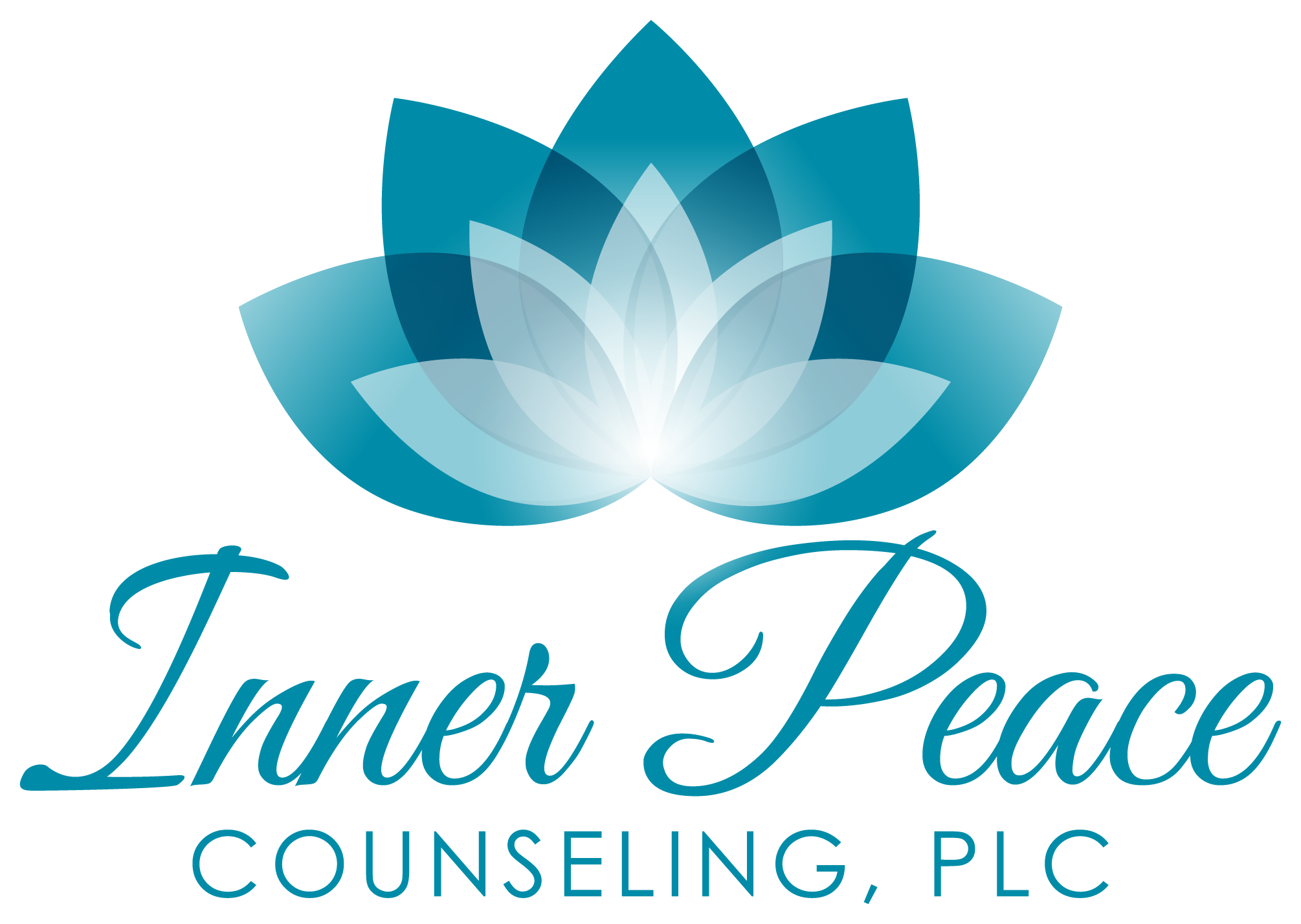The Missing Link in Disordered Eating and Food Addiction Treatment: The Spirit – Part 2

By: Ashley Carter Youngblood
Categories:
The Missing Link in Disordered Eating and Food Addiction Treatment: The Spirit – Part 2
Continued from “Part 1” and as published in Kalamazoo’s Moxie Magazine, October 2021 edition.
Bioindividuality
Let us say it again together: You are unique. There is no one like you. Bioindividuality is not just a science vocabulary term. It is fact. So, we cannot treat you like any other person seeking recovery from disordered eating or food addiction.
What We Know
First, we need to get this out of the way: while focusing on “good” versus “bad” foods does nothing but enhance guilt and reinforce our intense emotional connection to food, it is true that certain foods (e.g. trans fats, sugar) immediately cause inflammation in the body. Even if you do not have any central medical diagnoses of concern, your brain is an organ. And, research has been able to correlate inflammatory diets with mental health symptoms. So, the reality is that some foods are toxic (even if your pretzels are not inherently “bad” enough to rob a bank).
But, contrary to what many believe, food addiction treatment and recovery from disordered eating is not about “will power.” If life were just a matter of will power you would never have done again what you do not want to do and what you know is self-destructive. But, we cannot emotionally force our bodies or our minds to do something. Instead, we need to consider other things we know.
Second, it takes 28 days to behaviorally form a formal “habit.” Whether supportive or unsupportive, our brain is wired to make habits. It is survival. So, it takes time to develop new habits. And, once this habit has been solidified in the brain, especially when it is pleasurable, it is harder to unravel that pattern from both our mind and body. You are not to blame for the ease of such habits (especially the unsupportive ones). It is just how the brain works.
Third, some foods are inherently addicting. Foods are chemically engineered for taste and pleasure, whether it is the way the sweetness hits your tongue or the perfect decibel of that crunch (yes, someone at the food company is paid to have this job!). This is not your fault. It is just a consideration.
Fourth, the pleasure of “sweetness” is not inherently bad. We have phrases like “The Sweetness of Life” to acknowledge this experience. The pleasure of sweetness simply is a reality.
Fifth, food is celebratory. While “food as love” is not an analytical psychological leap we need to make, throughout all cultures, food has been experienced as a celebration of something. Whether it is a birthday or the joining of two families through marriage, humans initiate the sharing of a meal to celebrate and reward.
Sixth, while it is important to acknowledge mistakes, speaking something can cause it to be fulfilled. So, giving yourself permission to relapse can set up a part of your psyche to have already given up on trying. And, while we want to be honest with our imperfections, we certainly do not want to set ourselves up for failure.
Seventh, we will do what we have access to. If you do not want to eat that family sized bag of chips, you are more likely to not eat them if you do not have them in your home. Sure, you may go out of your way with a particularly intense craving and drive all the way to the store to get them and binge quietly in your car. But, we can work on that self-grace later. For now, let us acknowledge that there are things behaviorally you can do to simply not make it harder on yourself than it already is.
Again, recovery from disordered eating and food addiction (just like anything else in our lives) is not about perfection. What you have done so far to try to heal your relationship with food has not worked anyway. So, instead, why not focus on finding balance between the things that we know to be realities and what makes us unique in our recovery?
Only You Know
As we have established, your mind, body, and spirit is similar to no one else’s. Due to this, some people have to quit something cold turkey (e.g. coffee) in order to be done with it for good. Otherwise, it can feel to them like the temptation is too great to fall from “moderation” back to full addiction.
However, for others, even saying out loud that you “cannot have another dessert” for the rest of your life is so overwhelming that it can cause a panic attack. So, for these people, the focus needs to be on what can be done to make the change sustainable. This means that disordered eating and food addiction treatment means restoring healthy eating in small, measurable steps of compromise. This causes the focus to be on simply reducing harm (e.g. the number of sodas drank), as opposed to eliminating risk altogether. We will talk more about how to make this a reality in “Part 3” of this article.
~Ashley Carter Youngblood, LMSW, LMFT, CADC, ADS, CIMHP
 Ashley Carter Youngblood is a licensed Clinical Social Worker, licensed Marriage and Family Therapist, and a Certified Integrative Mental Health Professional who has been in the field since 2007. She offers counseling at her woman-owned business, Inner Peace Counseling, PLC, for those in Kalamazoo, Portage, Mattawan, Battle Creek, Paw Paw, and the surrounding areas of Southwest Michigan. She is passionate about her work with clients, whether it’s providing individual counseling, couples counseling, family therapy, life coaching, or education about one of her growing passions and areas of expertise: the connection between nutrition and mental health. Her specialties include holistic healing/mindfulness, counseling for women, anxiety, couples counseling, and addictions/substance abuse.
Ashley Carter Youngblood is a licensed Clinical Social Worker, licensed Marriage and Family Therapist, and a Certified Integrative Mental Health Professional who has been in the field since 2007. She offers counseling at her woman-owned business, Inner Peace Counseling, PLC, for those in Kalamazoo, Portage, Mattawan, Battle Creek, Paw Paw, and the surrounding areas of Southwest Michigan. She is passionate about her work with clients, whether it’s providing individual counseling, couples counseling, family therapy, life coaching, or education about one of her growing passions and areas of expertise: the connection between nutrition and mental health. Her specialties include holistic healing/mindfulness, counseling for women, anxiety, couples counseling, and addictions/substance abuse.
I welcome you to contact me or leave any questions or feedback you have about this post. Please keep in mind that the above information is the opinion of an individual, should not be considered medical advice/treatment, and is for entertainment/educational purposes only. I write these blogs as an expression of my passion for wellness and with the hope to be able to help as many people as possible. So, for more information about how to safely navigate this website and to what terms you are agreeing upon use, visit my Disclaimer page. And, as always, if you are experiencing an emergency, contact 911 or present yourself to your nearest emergency room.
Thanks for reading.
